Another year has come and gone, and it’s time again for our yearly review!
We launched WP Fusion in January of 2015, so this month marks our 5th year in business (🎂!).
Not only is WP Fusion open source software, but we try to bring an “open source” mentality to our business as well. We hope this gives our customers confidence in our ongoing support for our products, and also maybe helps other developers and small business owners as they grow their own projects.
Plus it’s a fun way to geek out over numbers and charts!
You can check out last year’s review here.
#Development
Let’s start with what’s changed. A year ago WP Fusion was 42,219 lines of handwritten PHP code (not including external libraries, etc).
A year later that’s grown to 78,056 lines.
(If you run the character counts and do a bit of averaging, that works out to a 433,200 word book. Just shy of the length of the entire Lord of the Rings trilogy. 😉)
We did 49 versioned releases in 2018, averaging about one every week.
Wow! So what’s been added?
#New CRMs
We’ve been adding support for new CRMs and marketing automation systems all year. Basically if it has contact records and some way of segmenting them, we can make it work with WP Fusion.
Last year we supported 7 platforms. Now we support 27. In 2018 we added support for:
- Intercom
- AWeber
- MailerLite
- Capsule
- Zoho
- Kartra
- UserEngage
- Salesflare
- Flexie
- Tubular
- Maropost
- MailChimp
- brevo
- HubSpot
- Platform.ly
- Drift
- Autopilot
- Customerly
- Copper
#New Plugin Integrations
We now support 58 different WordPress plugins. Here are the new ones we added in 2018:
- WooCommerce Coupons
- WooCommerce Deposits
- WooCommerce Product Addons
- myCRED
- LearnPress
- WP Courseware
- GamiPress
- PeepSo
- ProfilePress
- Beaver Builder
- Elementor
- WPLMS
- Profile Builder Pro
- AccessAlly
- WPML
- Weglot
- WPForms
- WP Complete
- Popup Maker
- WPForo
- Give
- Ninja Forms
#Other Changes
- Our Activity Log system has been made much more robust, and can now capture and record almost any type of error returned from an API call, with specific information about what caused the problem.
- We released a free version of the plugin, WP Fusion Lite. This is a great way for people just getting started with marketing automation to sync their WordPress users with any of our supported CRMs.
You can check it out on WordPress.org, or on GitHub. This plugin can also provide a great starting place for developers looking to make their own integrations with marketing automation systems, without having to build a solution from scratch. - We’ve released a new Gutenberg block for in-page content restriction, which is a vast improvement over our older shortcode based method.
#Usage Insights
So let’s take a look at how people are using WP Fusion. Here’s a breakdown of our most popular CRM integrations:
Nothing too surprising from last year, but there are some changes. Infusionsoft has notably dropped from 46% of our user base down to 32%, perhaps as people seek out more modern and more affordable CRM solutions.
Supporting that theory, Ontraport has grown from 11% to 16%, and Drip has grown from 8% to 10%.
The change is even more noticeable if we remove our newer CRMs and do a straight comparison between this year and last.
#Most Popular Plugin Integrations
Here’s a visual breakdown of our most popular plugin integrations for 2018:
This chart is not quite as straightforward since we’re counting the number of times a particular integration is loaded via WPF against all integrations that are loaded. So while here WooCommerce has about 15% of the pie, it’s closer to 50% of our customers who are actually using WooCommerce.
- Gravity forms came in second as the most popular integration, though Contact Form 7 is surprisingly high on the list for how basic it is (perhaps because it’s bundled with many themes).
- LearnDash is still on top of LifterLMS, but Lifter is catching up with about half as many users as LearnDash, which is impressive considering it’s a much newer plugin.
- Elementor also appears to be more popular than Beaver Builder among our customers, with about 18% more customers preferring Elementor.
#Support Tickets
Across email support (via HelpScout) and chat support (via Chatra) we had 2,168 support conversations this year, with 4,287 messages received.
This is a roughly 74% increase in support ticket volume over last year. Thankfully this is still comfortably manageable by just myself handling support.
We’ve been hesitant to bring on additional support reps as I’ve seen many cases in which the quality of support declines considerably once that happens.
However, it may be eventually necessary to bring in a “Tier One” support team to answer basic questions, while still escalating anything technical to myself or one of our developers.
Here you can see our support volume by month, segmented by chat and email support. Support requests ticked up slightly in November and December after our Black Friday promotion, but were otherwise pretty consistent throughout the year.
#Response Times
Response times are very important to us, especially since WP Fusion is a critical component in many of our customers’ ecommerce and membership platforms.
(Note all response times are measured during active business hours)
Our official policy is to reply to all requests within 48 hours, but we aim to resolve them as quickly as possible. I personally feel it’s better to be surprised by a fast response, than expecting one the same day and not having it come.
Last year we had an average 4 hour and 46 minute response time to support tickets, and I’d (perhaps naively) written, “We’re going to try and match or improve upon these numbers in 2018.”
Well, we did! Here are the numbers for this year:
Average response time for all support messages dropped to 3 hours and 50 minutes, 35% faster than in 2017. 26% of tickets were replied to in under 15 minutes.
The first response time (the time to respond after a new support conversation is first opened) also dropped 35% to 1 hour and 38 minutes, with 38% of tickets being replied to in under 15 minutes.
I’m pretty happy with these numbers, and I think this is far and above industry standards for plugin support. We’ll try to maintain these levels through 2019.
#Time
So how much time does this all take?
I’m religious about tracking my time (using Toggl). Basically if it’s anything remotely related to work, I log it as a time entry and categorize it.
I’d encourage any developer (even if you’re just a freelancer) to use some sort of time tracking tool. It lets you visualize your productivity and efficiency over long periods, and identify areas where your time might be better spent.
Here you can see a breakdown of all the time spent on WP Fusion in 2018.
- Support: This includes answering support tickets and pre-sale inquiries, as well as providing live chat support and engaging with our Facebook community. A lot of development time also falls into this category, as we fix bugs reported in support tickets.
- Development: This is time spent working on the core plugin, adding new CRMs, and adding new plugin integrations.
- Promotion: This is time spent writing blog posts (like these), sending emails, and appearing in podcasts and webinars.
- wpfusion.com: This is time spent updating and maintaining our website.
- Addons: This is development time specific to our addon plugins.
In 2017, 235 hours were logged as support, so that’s about a 195% increase in support time.
2017 had 202 hours logged as development time, so that’s remained about the same this year (with just an 8% decrease).
#Time Insights
We processed support tickets and chats from 797 individuals (both customers and prospectives) in 2018, meaning the average person received 32 minutes of support time. However, this is a bit of a broad generalization as many customers don’t contact us for support.
I can’t run that report on just this year for lack of some data (😩), but we can see historically that 46% of paying customers request support in some form, while 54% do not.
Our development time is also broken down by release:
Version 3.12 was the most work this year, when we introduced Zoho, Kartra, and ConvertFox CRM integrations all in one release. For the full release details for each version check out our changelog.
#Revenue
Now for the juicy parts! Yes, WP Fusion is growing in popularity, and is profitable, so we plan to be around (and expanding) for the foreseeable future.
For 2017 our total gross revenue was $91,266.
In 2018 our revenue increased 76% to $160,780, with 446 new sales.
Of that amount:
- $49,742 came from license renewals
- $6,602 came from license upgrades
- And we processed $4,008 in refunds
Similar to last year our best months were in late summer and November, when we ran our Black Friday promotion.
We only do one promotion per year for Black Friday / Cyber Monday, and with a 30% discount this tends to bring in a lot of new customers.
Over the 4 day weekend we brought on 45 new customers and did $13,117 in sales, a 85% increase in sales volume over 2017.
#License Renewals
License renewals are an important metric to us, because if people renew their license that means they appreciate the value of our support and the continued updates we are delivering.
I’ve used two calculation methods for assessing our renewal rates. The first is to look at all of our customers since we launched WP Fusion, and generating a percentage based on those who have renewed their license at least once.
With 842 customers since January 2015, 233 of those have had at least one license renewal, putting our lifetime renewal rate at 27.67%.
In January of 2017 we activated EDD Recurring Payments and began putting customers on automated license renewals. This had a significant effect on the number of customers who renewed their licenses.
To see that effect, the second method of calculation I’ve used is to look at all customers who purchased in a given year, and see if they renewed their license in the subsequent year.
Here you can see the change in renewal rates over time. The 2017-2018 metric means that out of every customer who purchased a license in 2017, 61.5% of them renewed that license in 2018.
I’m really proud of this number, as it means the majority of our customers are valuing our support and updates enough to keep their licenses active.
#Web Traffic
We also saw our web traffic increase by about 100% this year, with most of the growth happening in the second half of the year. Here is a comparison from Google Analytics showing 2018 numbers against 2017.
Our session durations went down and bounce rates did go up slightly, but I attribute that to the period we were running AdRoll retargeting ads, as well as some Facebook ads that resulted in a lot of clicks with immediate exits (and no conversions).
Our top acquisition channels were Organic Search, Direct Traffic, and Referrals.
To better understand the organic search data, we implemented Keyword Hero early this year, which removes many of the (not provided) entries in Analytics’ reporting on Organic Search terms.
This has given a lot of insights into how exactly people are finding WP Fusion.
The full data set is immense but here is an example of one page of our Organic Search reports using the Keyword Hero view in Analytics.
- Kartra searches brought in a large amount of organic traffic this year, probably because Kartra launched just this year and people are exploring ways they can make it work with their existing membership site.
- We’ve also seen steady traffic from Mautic users, as Mautic is also an open source platform and I suspect they may feel an affinity for projects like ours.
If you’re interested in getting more data out of your Organic Search stats in Analytics, I do suggest checking out Keyword Hero. I’m not an affiliate or anything, just think it’s a helpful tool.
#What’s Next
We don’t have any major plans for WP Fusion for 2019. The core plugin is solid and these days we rarely have to make any changes to the underlying architecture.
- We’ll continue to add support for additional WordPress plugins as our customers request them, as well as add connectivity for additional CRMs based on community interest.
- We’re also focusing on optimizing performance for customers with large membership sites (100k+ members) who need to frequently send and receive large batches of data via the API. We’re building in redundancies to deal with API timeouts (as well as throttling), and building in load-monitoring technologies so WP Fusion can potentially receive thousands of incoming webhooks without affecting server performance. We’re working closely with our high-volume customers to test out these solutions, and they’ll be rolled out to everyone else via automatic update as we make improvements.
- We’ll be continuing to integrate components (like the Media Tools addon) with the new Gutenberg editor, and updating our existing interfaces for compatibility and accessibility.
- Our Facebook group is fast approaching 500 members, and has become a really active and valuable place for people to exchange tips, tricks, and strategies. If you haven’t already joined us, we’d love to have you!
#In Summary
It’s been another great year for us here at WP Fusion, but it wouldn’t be possible without you, our customers. So thank you! ❤️
Almost everything we’ve developed this year has come out of the creativity of our community, so keep those ideas coming!
Here’s to another great year together in 2019!
— Jack Arturo
P.S. If you’re not already a customer and are interested in WP Fusion, you can get a license here.😉
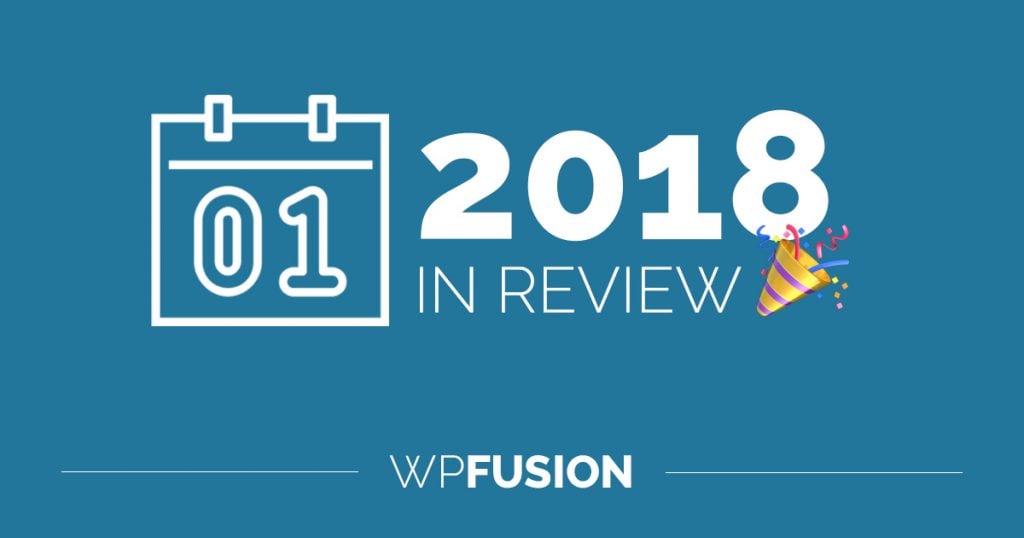
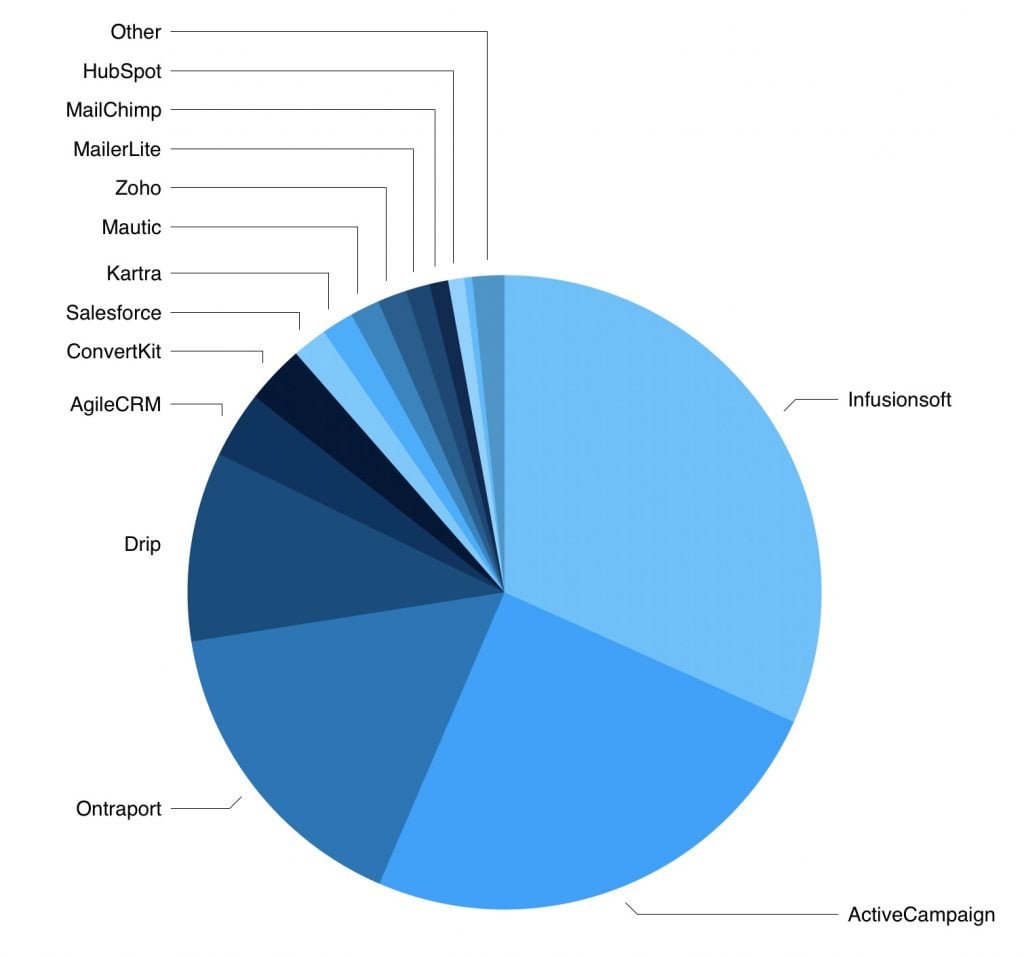
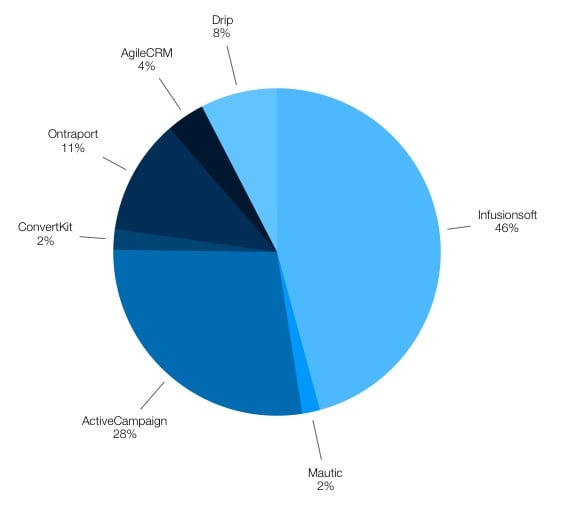
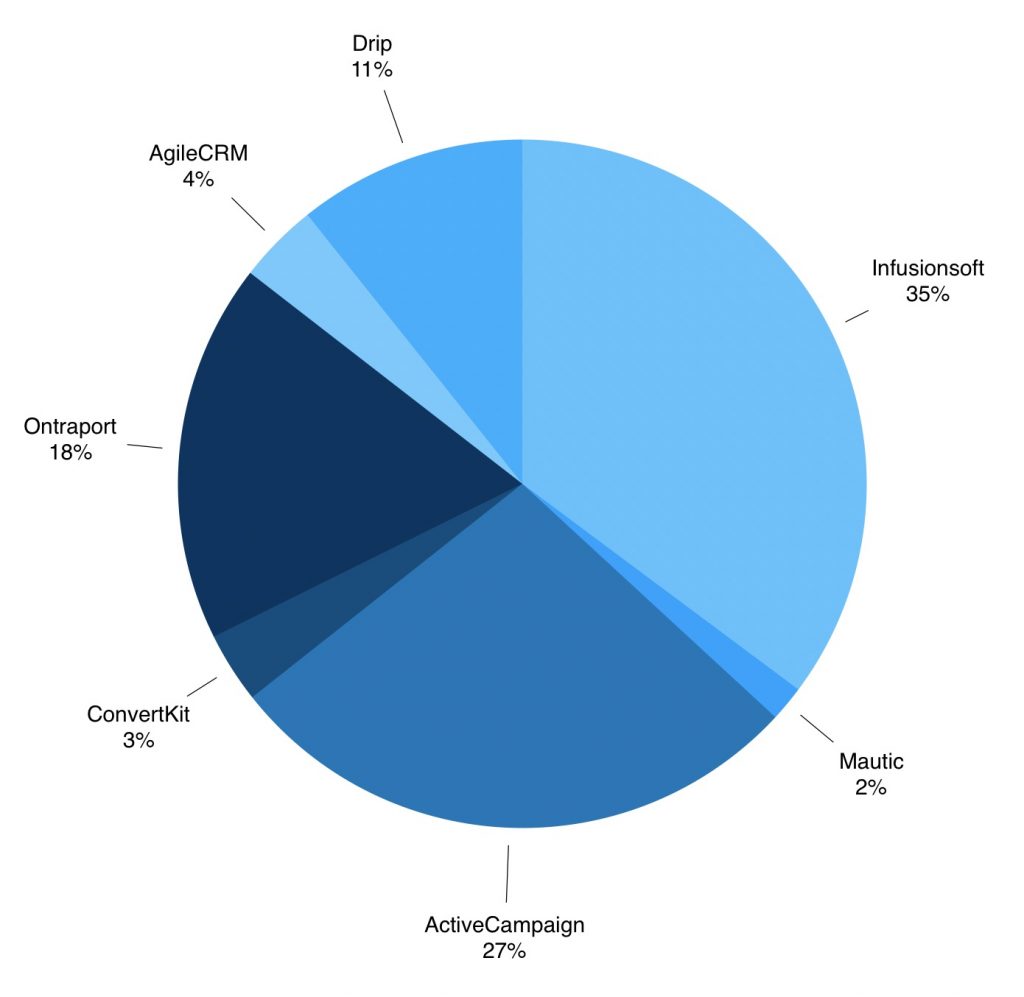
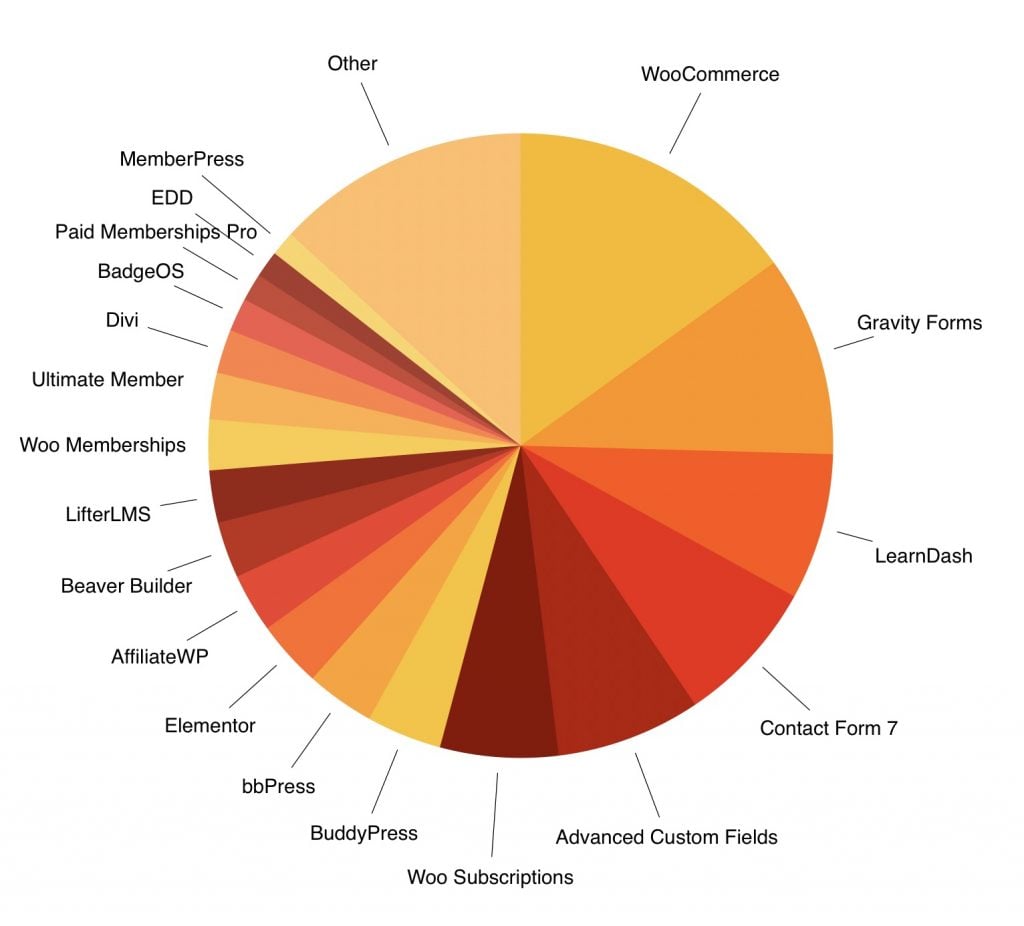
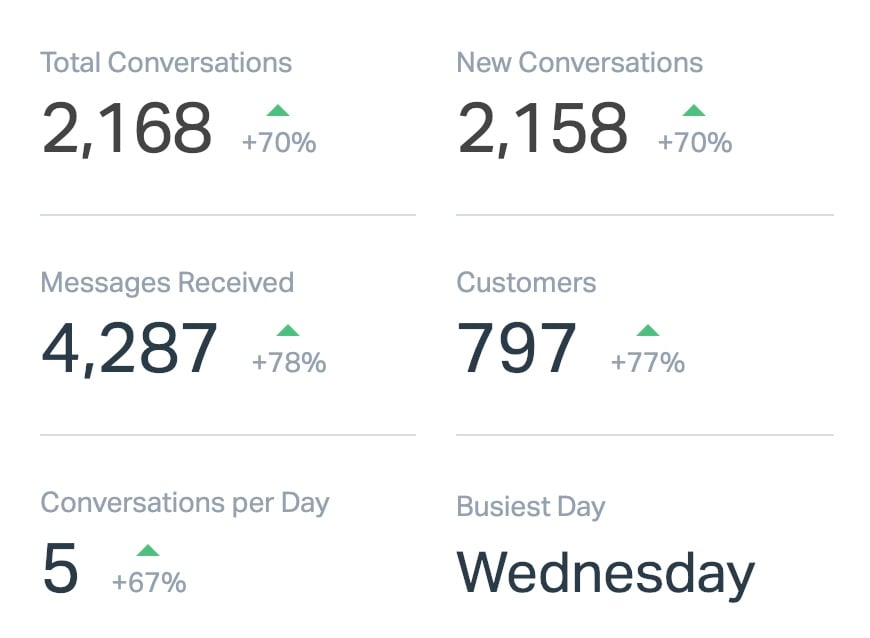
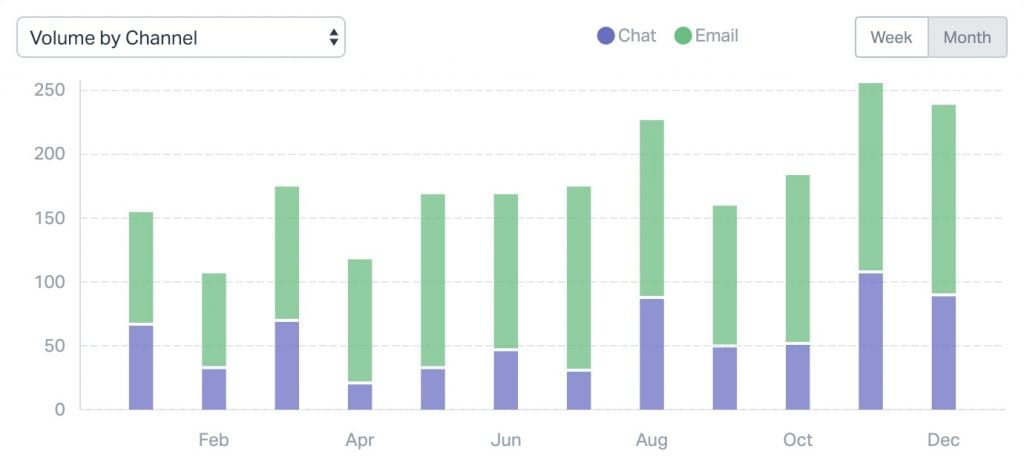
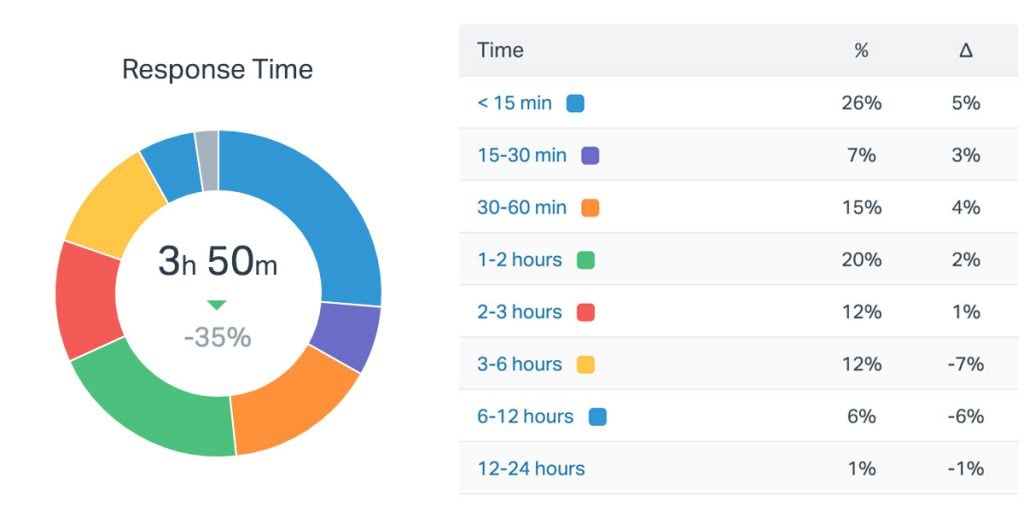
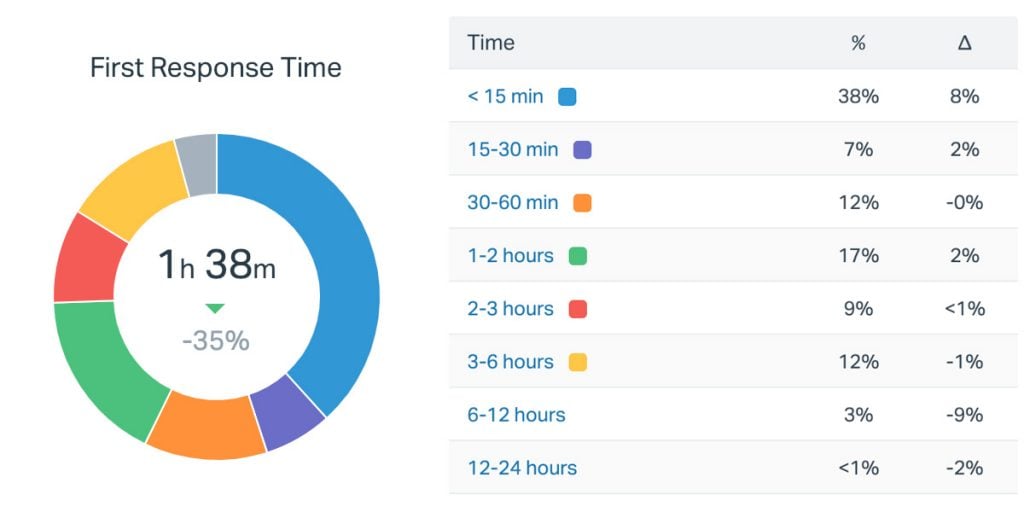
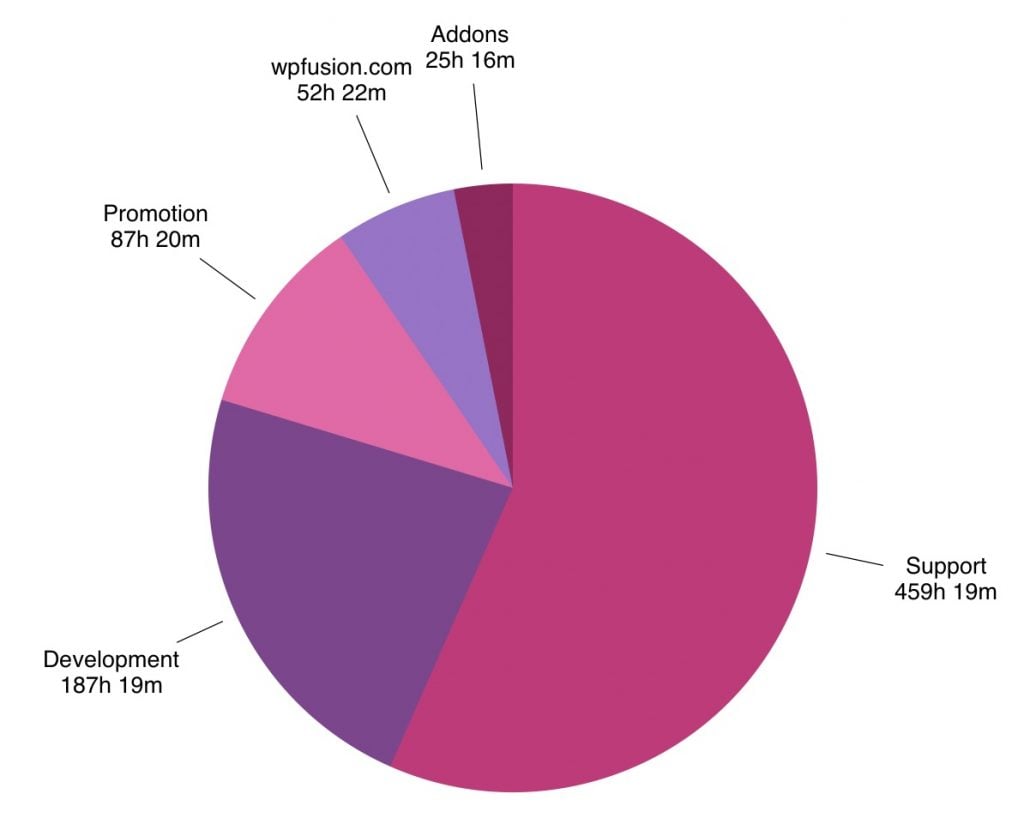
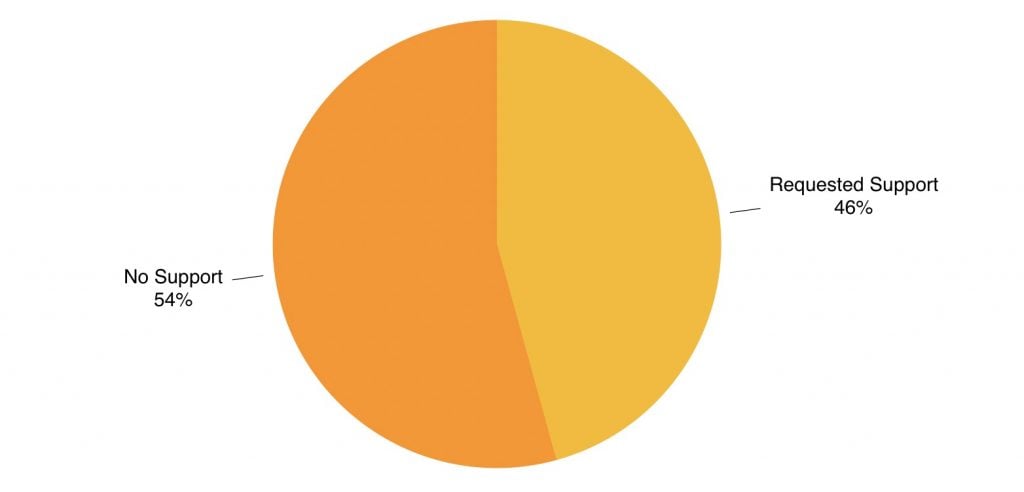
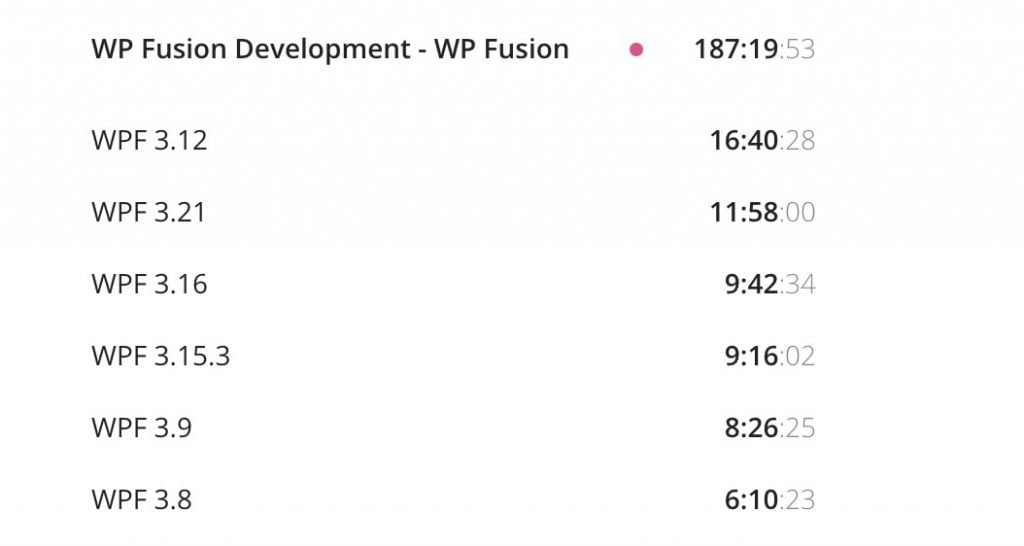
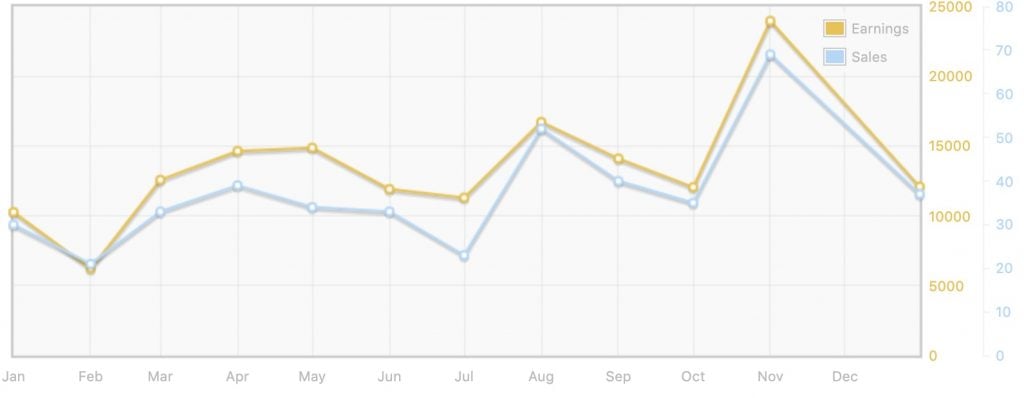
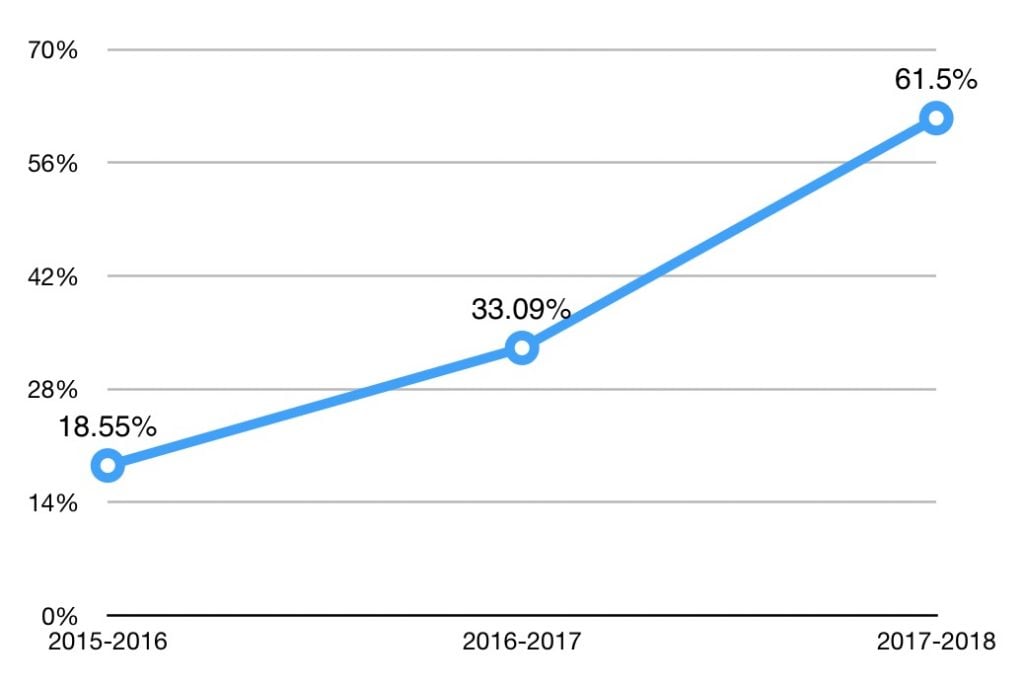

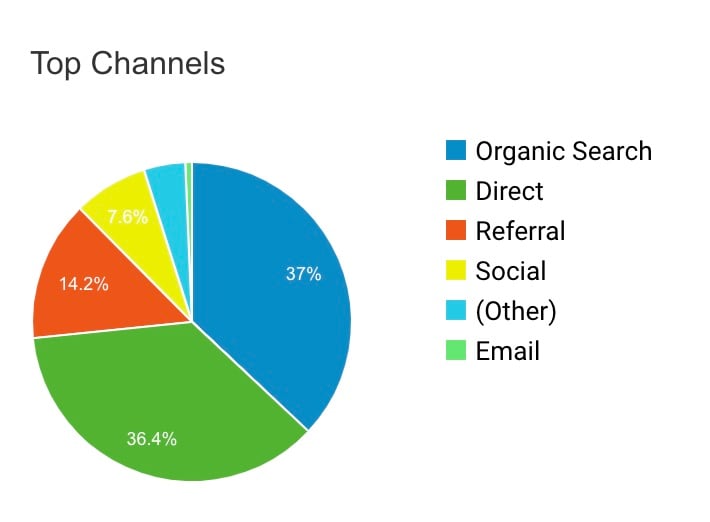
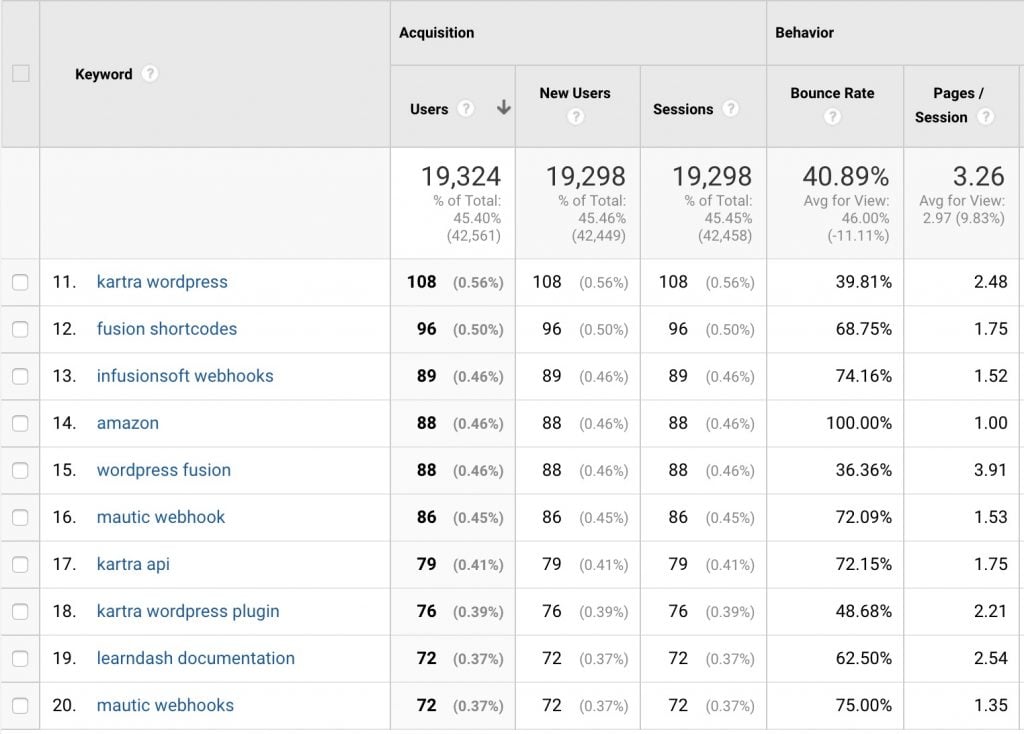
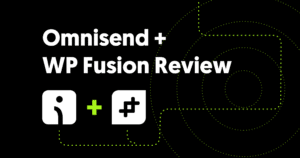
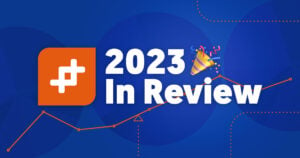

10 thoughts on “2018 In Review”
Congrats on a successful year Jack! Well done! Wishing you continued growth in 2019. 🙂
Thanks Justin!
Congratulations! It’s great to see the growth; we love using WP Fusion on our sites and recommend it often!
Congrast Jack! The best for 2019!
Awesome product, awesome company. I’ve had many interactions with Jack, he is always kind, professional, and goes out of his way to support my site, even when my questions don’t pertain to WpFusion directly. I am a loyal customer as long as Jack is in control. Without wpFusion, my new site launch would not be happening. Good luck with this year, and thanks Jack! Keep up the incredible work!
Congrats Jack! I’ve been blown away by the number and speed of updates WPFusion has been putting out over the last year. It seemed every time I checked the site there was a new integration. I love it!
Brilliant Post, your passion shines through. We love WP Fusion and more importantly your knowledge, insights and simply how cleverly the app works.
Keep up the good work!
Cheers
Can I add my thanks for your superb work. Your approach and execution are just world class.
Congrats Jack. You’ve been awesome to work with and WPFusion is a core piece of every TrainingSite we create. The quick support and suggestions you provide let us get jobs done faster and make them easier to implement.
Continued success in 2019.
Great read. As one of the new customers from November, I have to say I really appreciate your transparency and updates. It is really helping validate the decision and giving me ideas for integration (I’m still working on integrating at the moment).
Jeff